Self-Managed Super Fund Lodgements: Essential Tips, Tricks, and Important Information
Managing a self-managed super fund (SMSF) requires careful attention to detail, particularly when it comes to lodging necessary documentation and fulfilling regulatory requirements.
In this article, we will explore essential tips, tricks, and important information to help you navigate the SMSF lodgement process effectively. By following these guidelines, you can ensure compliance, streamline your lodgements, and maintain the integrity of your SMSF.
Understand the Lodgement Deadlines
Familiarize yourself with the lodgement deadlines set by the Australian Taxation Office (ATO) for SMSFs. Ensure you are aware of when various documents, such as the SMSF annual return and member statements, need to be lodged. Staying informed about these deadlines helps you avoid penalties and demonstrates your commitment to regulatory compliance.
Maintain Accurate and Timely Record-Keeping
Keeping accurate and up-to-date records is vital for successful SMSF lodgements. Maintain a comprehensive and organized system to record all transactions, expenses, investments, and member details. Implement robust accounting software or engage professional services to assist you in tracking and documenting these important records. Regularly reconcile your SMSF's financial statements to ensure accuracy.
Engage an SMSF Auditor
Engaging an experienced SMSF auditor is crucial for a seamless lodgement process. An auditor will review your financial statements, investment strategies, and compliance measures to provide an independent assessment. Working with a knowledgeable auditor not only helps you meet lodgement requirements but also ensures the integrity of your SMSF operations.
Stay Informed about Regulatory Changes
Stay up to date with any regulatory changes or updates that impact SMSFs. Familiarize yourself with the latest superannuation legislation, ATO rulings, and reporting requirements. Regularly review publications, updates, and resources provided by regulatory bodies to ensure compliance and adapt your SMSF practices accordingly.
Seek Professional Assistance
Consider engaging a professional SMSF specialist or tax advisor who has expertise in managing SMSF lodgements. They can provide guidance, navigate complex tax laws, and assist with preparing and lodging necessary documentation. Their expertise ensures accuracy, reduces the likelihood of errors, and saves you time and effort.
Use Technology and Digital Solutions
Take advantage of technology and digital solutions to streamline your SMSF lodgements. Many software platforms and online tools are available that automate and simplify the lodgement process. These solutions can help you collate and submit the required information efficiently, minimizing manual errors and enhancing accuracy.
Review and Double-Check
Before submitting your SMSF lodgements, thoroughly review all documents, ensuring they are complete and accurate. Double-check calculations, cross-reference figures, and verify all information to minimize the risk of errors or omissions. Attention to detail in this stage saves time and reduces the likelihood of follow-up queries from regulatory authorities.
Navigating the SMSF lodgement process requires attention to detail, compliance with regulatory requirements, and a commitment to accuracy. By understanding lodgement deadlines, maintaining accurate records, engaging an SMSF auditor, staying informed about regulatory changes, seeking professional assistance when needed, leveraging technology, and reviewing all documentation thoroughly, you can ensure a smooth and successful lodgement experience. Remember, compliance is key to maintaining the integrity and financial stability of your SMSF.
Embrace these tips and tricks to navigate SMSF lodgements with confidence and enjoy the benefits of a well-managed self-managed super fund.



